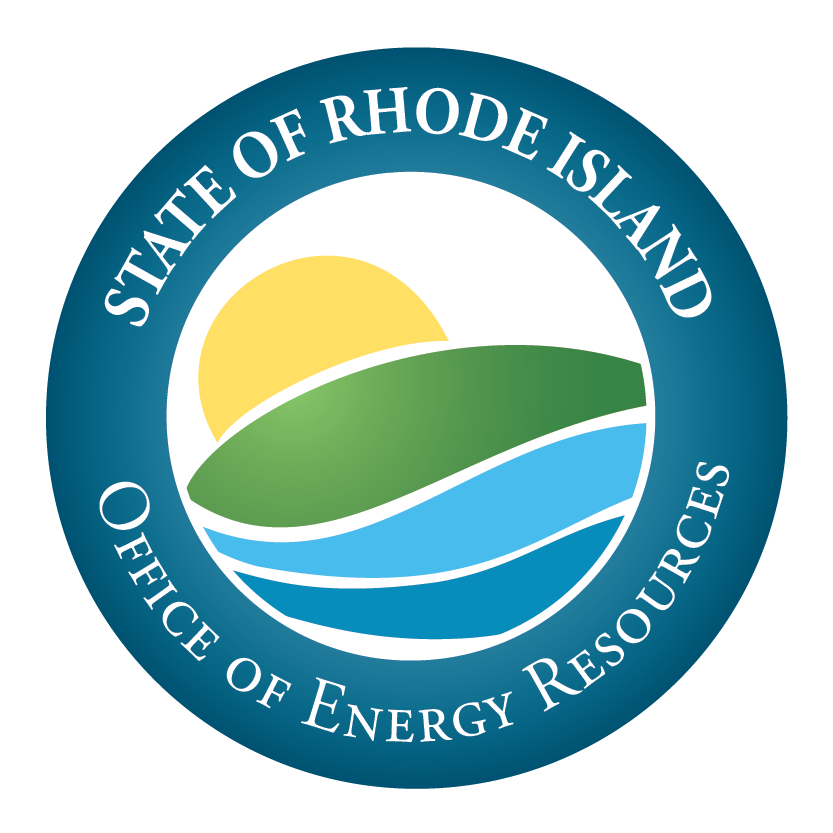Energy Resilience
Energy resilience is the ability of the electric grid and local communities to withstand and recover from power outages and continue operating with electricity, heating and cooling. Clean energy technologies, such as solar paired with energy storage, can help achieve energy resilience objectives while simultaneously advancing economic development and climate goals.
As we modernize our electric grid, it's important to prepare for and consider how our electric grid will respond to the increased frequency, intensity, and unpredictability of major storm events. It's important to think about energy resilience and reliability in tandem, while recognizing these terms mean different things in the resiliency space. It is important to have a grid that is both resilient and reliable.
How is Energy Resilience different from Energy Reliability?
Energy reliability is the ability of a power system to consistently deliver to homes, buildings, and devices, even in the face of events that cause power disruptions. Reliable energy is the result of energy infrastructure that can withstand and quickly recover from typical disruptions. Energy reliability can be particularly challenging for rural and low-income communities, which historically have received lower investments in energy infrastructure.
Energy resilience is similar to reliability, but is more focused on how our electric system responds to extreme events. Reliability is centered around day-to-day performance, whereas resilience is focused on infrequent, unpredictable, and more severe events.
A resilient power system reduces the likelihood of long-duration outages over large service areas, limits the scope and impact of outages when they do occur, and rapidly restores power after an outage.
To learn more about Energy Resilience, visit the US Department of Energy's Energy Resilience webpage.
Grid Resilience vs. Community Resilience
Visit our Grid Resilience Page to learn more about the RI Promoting Resilient Outage Prevention (RI PROP) Program under IIJA section 40101(d).
To learn more about Community Resilience and Microgrids, please visit our Municipal Resilience Page.


